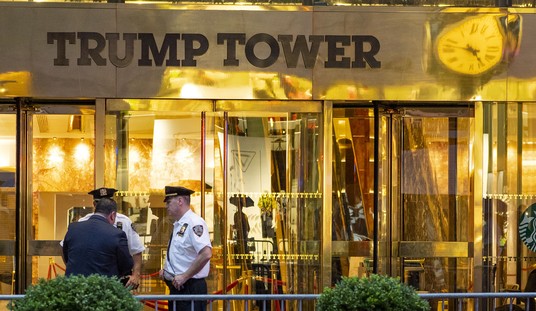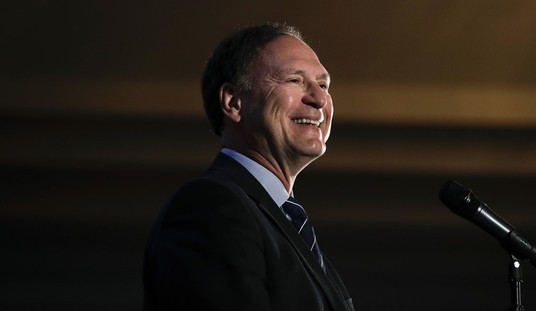Hobby drone operators are fighting back against President Obama’s call for more regulations after a drone crashed on the White House lawn this week.
The drone operator reported himself to the Secret Service, saying he lost control of the craft.
In an interview with CNN while visiting India, Obama noted that “the drone that landed in the White House you buy in Radio Shack.”
“You know that there are companies like Amazon that are talking about using small drones to deliver packages… There are incredibly useful functions that these drones can play in terms of farmers who are managing crops and conservationists who want to take stock of wildlife.” Obama said. “But we don’t really have any kind of regulatory structure at all for it.”
Stressing that “these technologies that we’re developing have the capacity to empower individuals in ways that we couldn’t even imagine 10-15 years ago,” Obama said said he’d work with stakeholders to craft a regulatory framework that “ensures that we get the good and minimize the bad.”
The Academy of Model Aeronautics responded with a statement that “more regulation isn’t the answer.”
“The Washington, DC, airspace is some of the most heavily regulated airspace in the world, and all aircraft operations are currently prohibited in the vicinity of the White House. Despite the existing regulations, a quadcopter still made its way onto the White House lawn this week,” said AMA President Bob Brown.
“Community-based programming is the key to safe and responsible flying, as our organization’s 78-year history has shown. AMA has safety guidelines, best practices and operating principles that have allowed enthusiasts to operate their aircraft and safely use this technology for more than seven decades. When an incident occurs, it’s a rare day when one of AMA’s 175,000 members is involved,” Brown added.
Those members are spread throughout 2,400 clubs in the United States, the group said.
“AMA has always believed that the best, and perhaps the only, way to successfully manage the recreational community is through a community-based set of safety guidelines and the combined efforts of the FAA and AMA,” Brown said. “The FAA’s recent interpretation of the Special Rule for Model Aircraft has complicated our working relationship, but it is our hope that the agency will work with us to forge a path forward for the recreational community that finds common ground on the Interpretive Rule and leverages AMA’s deep expertise when it comes to safe and responsible flying.”
The AMA sent a letter to FAA Administrator Michael Huerta last week asking for a meeting “to again offer our expertise and knowledge in support of the FAA’s effort to create guidance for the operation of recreational sUAS in the NAS.”








Join the conversation as a VIP Member